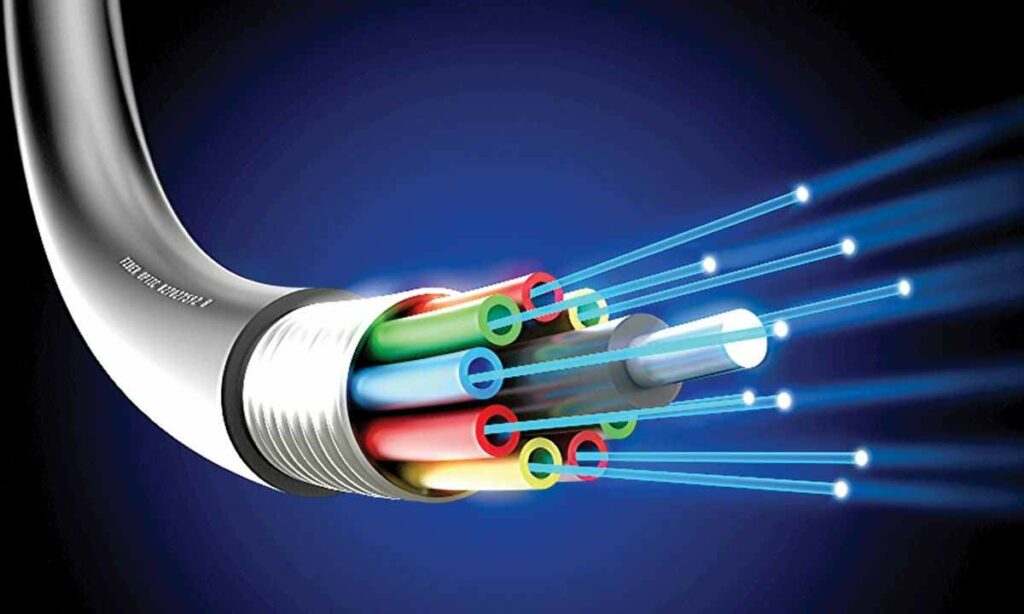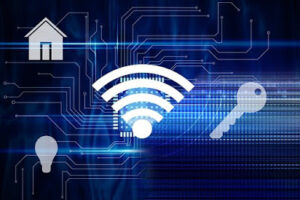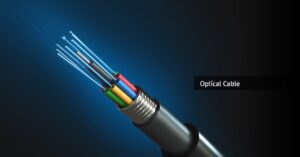Planning to switch to fiber optic internet? Well, it’s a cutting edge technology that has given the internet an all-new definition. Becoming synonymous with the fast, high-transmission system, most businesses are now thinking that it is faster and more reliable than cable internet?
But before we proceed any further, let’s quickly look at how both these connections operate.
Traditional cable internet makes use of cable TV infrastructure for data transmission. Though there is hardly any interference with your television, you still need to share this connection with your neighbors. In comparison to this, the next-gen, fiber optic internet uses flexible strands of glass that transmit light. This allows quick data transmissions over long distances.
If the figures from the FCC are true, fiber consistently offers 117% of the advertised speed, regardless of the web congestion. Moreover, unlike your traditional cable internet, fiber is a more reliable, safer and cheaper option in the long-run.
However, it’s many advantages including fiber internet speed isn’t just it. In this blog, we have put together, other less commonly known benefits of fiber optic internet that will make you want to switch your internet connection right away.
- Back then, copper cables made from copper wires were designed to carry voice calls data via electrical pulse. It is most obvious that as compared to strands of pure glass in fiber, copper wires are bulkier.
While copper cables carry electrons, fiber uses protons for data transmission. And since light is faster than an electrical pulse, fiber internet speed can transmit more bits of data per second, offering higher bandwidth.
- With fiber optic in the picture, those grueling minutes on the screen and waiting for things to upload has become passé. Talking about bandwidth, fiber optic internet speed offers symmetrical bandwidth.
This means customers can enjoy equal upload and download speed. Even though copper internet speed claims to offer this similar capability, the promise rarely holds.
- What you need are bandwidth and speed. But that’s not all. What about signal durability? In traditional cable internet connection, all data signals degrade over a certain range.
Fiber, on the other hand, offers significantly better signal durability. Fiber optic internet loses just 3% of signal over distances greater than 100 meters. In copper cables, there is a 94% signal loss.
- We are living in an era where there is a compulsive need for cybersecurity. For fiber optic users this comes like a boon. Look at it as a cost-effective way of instantly increasing your internet security. Copper internet speed can be easily intercepted by connecting taps to a line to pick up the electronic signals. Performing a similar feat for fiber optic internet is rather difficult.
More so, in the case of fiber, it’s easy to quickly identify compromised cables because light emitting-transmissions are visible. As far as this benefit is concerned, this kind of security is not nice-to-have. It is a must, regardless of your industry.
- Copper wires are affected by temperature fluctuations, severe weather conditions, and even moisture. These external factors impact the cable internet and lead to loss of connectivity. Alongside this, there is always a risk of fire hazards stemming due to old and worn out copper cables.
Also, with copper internet comes the risk of interference from electronic or radio signals. Copper wires go back to the telephone company’s central office, hence disturbances in the connection can be many. Fiber optic internet is typically independent of the chaos, hence gives you the scope of an undisturbed connection.
- Reliability also means durability and that’s where copper cables again lose the race. Copper cables tend to break easily during installations or in accidents. This is because copper has a low tolerance for tension.
As compared to this, fiber is smaller, lighter and more durable. It is typically sheathed in a protective coat to provide you better durability in the long haul.
- In the case of copper wires, the speed of the internet is directly correlated with the weight of the cable used. If the nature of your business is such that it needs higher speed, more cable must be used. This also means creating additional space in your company’s telecommunication room.
Fiber optic internet speed has nothing to do with its size. It is also way too lighter than copper and allows the benefit of space optimization.
- Think with all these benefits fiber is an expensive option? Then think of it this way: Since fiber comes with a promise of durability, it’s more like a one-time investment.
Also, it’s post-purchase customer query is minimal. For organizations that need a robust connection, fiber optic internet is a cost-effective option to avoid innovation blow-back.
Wrapping up
The rapidly changing digital world needs something better than cable internet speed. Since the advantage of fiber far outweighs the DSL internet, it is becoming the first choice for business data transmission. Also, it is quite simple as to how to test fiber optic internet. My Fiberspeed tester allows you to check your internet connection speed easily and accurately.
For organizations relying especially on the internet, fiber connectivity is a must. Also, there should always be a checkpoint to test the speed of connection so that your business is always in the league. Download the Myfibre app to measure your internet connection on the go.
Powered By – RedMango Analytics Pvt Ltd





+ There are no comments
Add yours